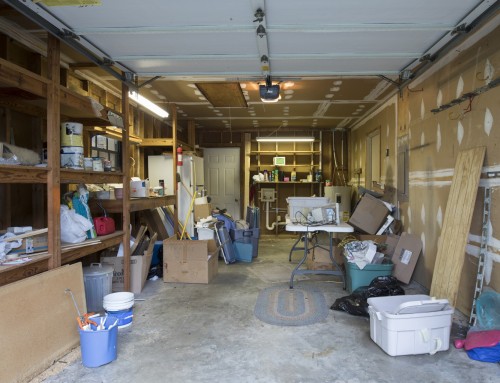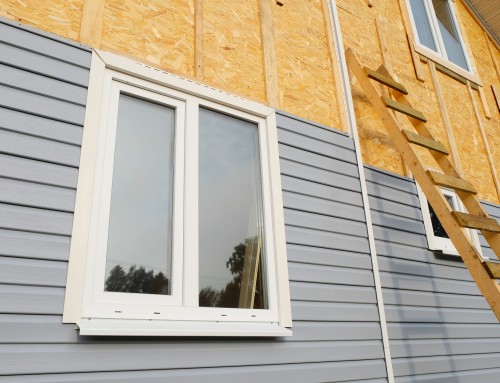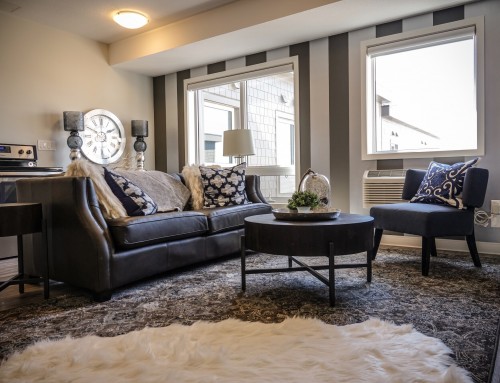Buying a house as a single woman can be nerve-wracking, to say the least. Why? Well, first, you’re single. And, second, you’re a woman. Each comes with its particular headaches and anxieties. Together, well…
Let’s put it this way: When you’re single, especially moving to an unfamiliar city, you’re alone and your new realtor might be the only one available to consult with before you “sign on the dotted lines” (all of them).
When you’re a woman, you worry about not being taken seriously or given the information you need. We’ve experienced this plenty!
Pros and Cons of Buying a House as a Single Woman
Maybe it’s time, though, to stop dealing with landlords and rental companies. They have their advantages when you’re younger and just getting started, but it’s probably OK to move on now. You know how to tell, don’t you?
It might seem like there are only cons to being a single woman and buying a house by yourself. But there are pros as well. So, we’re going to sort them out for you–pros and cons both. Most of the following categories have elements of both.
Buying a House Is an Investment
Women on average still get paid less than men–the national average being 82% as of 2018 (much lower if you’re not Asian or white). So, it makes sense to invest as much of that as possible. And what better investment than your own home?
Mortgage interest will consume a good portion of your monthly payment for the first several years. It’s true that’s not a direct investment in your home (i.e., it doesn’t build equity).
At least some mortgage interest is usually tax-deductible. Then there is the portion of the payment (smaller at first, then gradually larger) that goes directly toward your house. When you rent, all the money just goes to your landlord.
If you have a little extra cash, you can put that directly toward the cost of your home too. For example, consider rounding up your monthly payment.
Your Own Decisions
Speaking of landlords, guess what? When you buy your own house, there’s no landlord to ban pets–or charge exorbitant fees for them. And you may put nails wherever you’d like.
On the other hand, you’ll be solely responsible for the upkeep of the house and property. This includes mowing the lawn, raking leaves, pulling weeds, etc.
It also means hiring a repair person each time something goes wrong with the plumbing, electricity, and so on–unless you have those skills yourself, of course. For renters, these things are the landlord’s responsibility–both financially and logistically.
The Neighborhood
We’d never thought about this before moving into a suburban neighborhood ourselves. But there aren’t always many single residents there, men or women.
This could be because suburban homes can cost more than those in either cities or rural areas. It also could be due to stereotypes.
“The single stereotypes abound. For men, it’s the dysfunctional fortysomething still living with his parents. For women, the callous career woman… Or the crazy cat lady living alone, slowly losing her mind.” Yikes!
Also, be aware that the days of taking casseroles to “the new people” are long gone. So if you don’t get a casserole, you needn’t feel disappointed. People don’t have the time for this today! They’re too busy working.
Besides, at least one neighbor is sure to invite you for a holiday meal at some point if they see that you’re alone. People can be very kind.
Both Women and Single People Are Stereotyped
But, if you’re both, you’re hit harder.
Here’s one for you. Someone we know was a single woman about to buy her first house. She and her parents (yes, her parents) were patiently waiting for the home inspector to arrive. But when he did, he just puttered around doing nothing.
Finally, the prospective home buyer asked, “So, when do you think you’ll be starting the inspection?” His reply, “As soon as your husband gets here.” Her reply to that, ” Then you’d better find a comfortable chair. It’ll be a long wait!”
This is a true story, though a sadly ironic one too. Does a woman need to be this “ballsy” to get the information and advice she needs, especially when preparing for what might well be the biggest financial commitment of her life?
If You’re a Single Woman Buying a House By Yourself, How Should You Expect to Be Treated?
Are you a “pioneer”? If so, expect to be given the advice that any first-time home buyer needs and deserves. But it might come in a slightly patronizing tone.
Are you “non-conformist”? Uh oh! Women apparently shouldn’t be this independent in their thoughts and actions. If you’re seen as non-conformist, you’ll also be patronized.
Except this time, it will be by giving you little to no information or help.
The rather snide “supposition” here is that if you want to do things on your own, then you should be allowed to do just that–no assistance offered or given. No middle ground.
Are You “Nesting”?
Perhaps the most obnoxious way to treat a single woman–especially one who has the means to support herself and invest in a home of her own–is by typecasting her as wanting a house so that she’ll be more attractive to a man.
Then, after finding her man, she’ll have a comfortable place to stay at home and raise her children while “the real” breadwinner is at his job.
Do people ever think that a woman might not even want a husband or children? Or want to give up her career to take care of them?
Buy the Home as a Single Person and Live There as the Woman You Are
If you want to avert pernicious sex and gender stereotypes when buying a house as a single woman, try to avoid the advice supposedly meant for women specifically. You’ll only get more stereotyping, even if it’s meant well.
Advice for women tends to include phrases like “once you’re married” or “stiletto-shod feet” that create boxes, deliberately or not, and make us feel uncomfortable and ill at ease.
On the other hand, advice that would help most single people, regardless of sex or gender, is greatly appreciated. For example, there is advice warning singles to keep emergency funds in case of losing a job or falling ill. We need this!
A seasoned home buyer or realtor might make inappropriate sex- or gender-based assumptions about someone’s life trajectory or speculate about their reasons for wanting to own a house.
But that person could just as easily–and far more beneficially–share valuable and experienced-based wisdom about home-buying and ownership.
Don’t forget to bookmark our site to never miss our latest posts!











